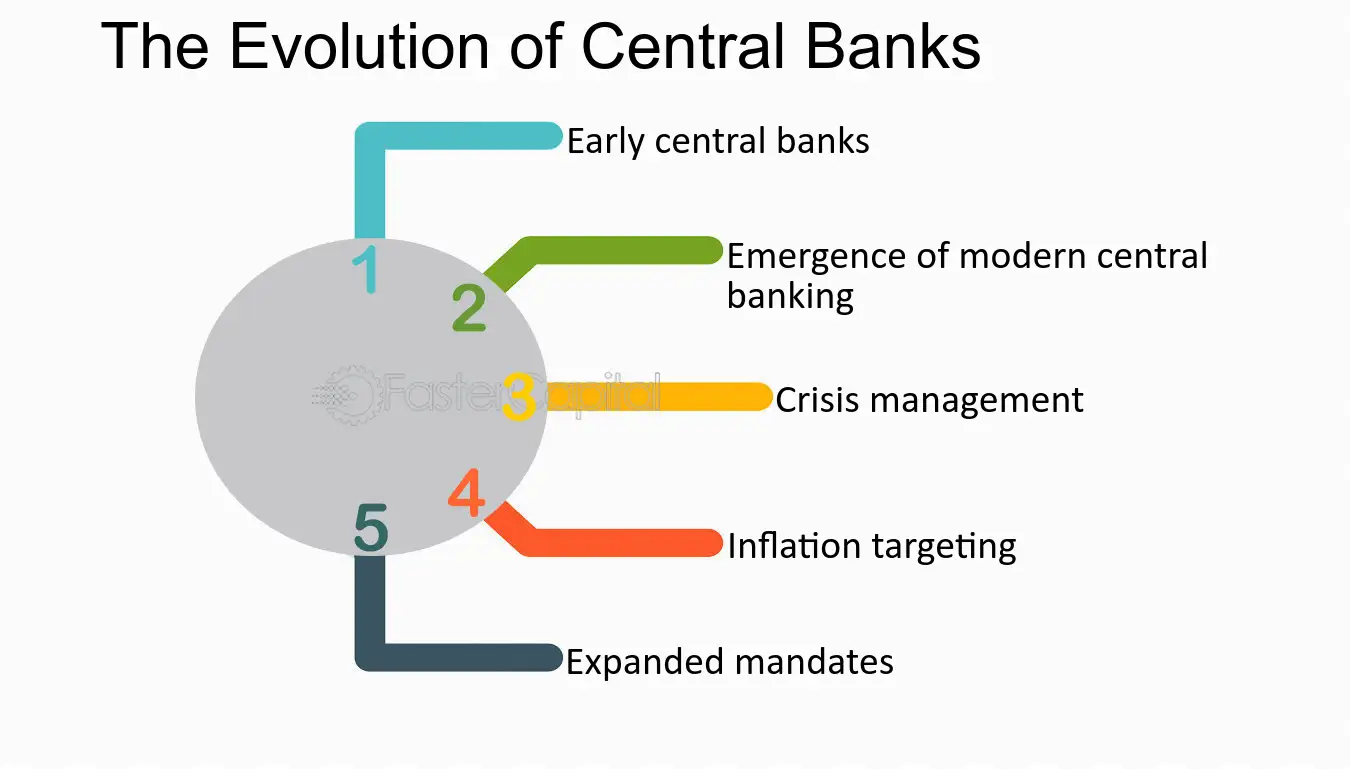Understanding the Signs of Anxiety and Depression: A Complete Guide for Mental Health Awareness

23/08/2025
Author: Shaharia
In today’s fast-paced world, anxiety and depression have become two of the most common mental health challenges. Millions of people silently suffer, often without realizing what they’re experiencing. Understanding the early signs can make a life-changing difference. Mental health is just as important as physical health, and recognizing these conditions early can help you or your loved ones find the right support.
What Is Anxiety?
Anxiety is more than just feeling nervous before a big event. It’s an overwhelming sense of worry or fear that persists, even without an obvious trigger.
Common signs of anxiety include:
-
Constant restlessness or tension
-
Rapid heartbeat and shortness of breath
-
Trouble sleeping or staying asleep
-
Difficulty concentrating
-
Excessive worrying about everyday situations
What Is Depression?
Depression is a mood disorder that affects how a person feels, thinks, and behaves. It’s not simply “feeling sad” — it’s a deeper, ongoing struggle.
Common signs of depression include:
-
Persistent sadness or emptiness
-
Loss of interest in activities once enjoyed
-
Low energy and constant fatigue
-
Changes in appetite or weight
-
Feelings of hopelessness or guilt
-
Thoughts of self-harm in severe cases
Causes and Risk Factors
Both anxiety and depression can be caused by a mix of factors, such as:
-
Genetics: Family history may increase risk.
-
Trauma or stress: Life-changing events, abuse, or financial struggles.
-
Brain chemistry: Imbalance of neurotransmitters.
-
Lifestyle factors: Poor diet, lack of sleep, or substance use.
When to Seek Help
If these symptoms interfere with your daily life, seeking professional help is crucial. A therapist, psychologist, or psychiatrist can provide therapy, coping strategies, and, if necessary, medication. Talking to friends and family can also ease the burden.
Tips to Cope With Anxiety and Depression
-
Practice mindfulness and meditation 🧘
-
Engage in physical exercise regularly 🏃
-
Maintain a healthy sleep routine 😴
-
Eat a balanced, nutrient-rich diet 🥗
-
Limit alcohol, caffeine, and smoking 🚫
-
Reach out for social support 💬
Conclusion
Anxiety and depression are not signs of weakness; they are medical conditions that deserve care and attention. By understanding the early warning signs, you can take proactive steps toward better mental health and a brighter future. Remember, reaching out for help is a sign of strength. 💙


















